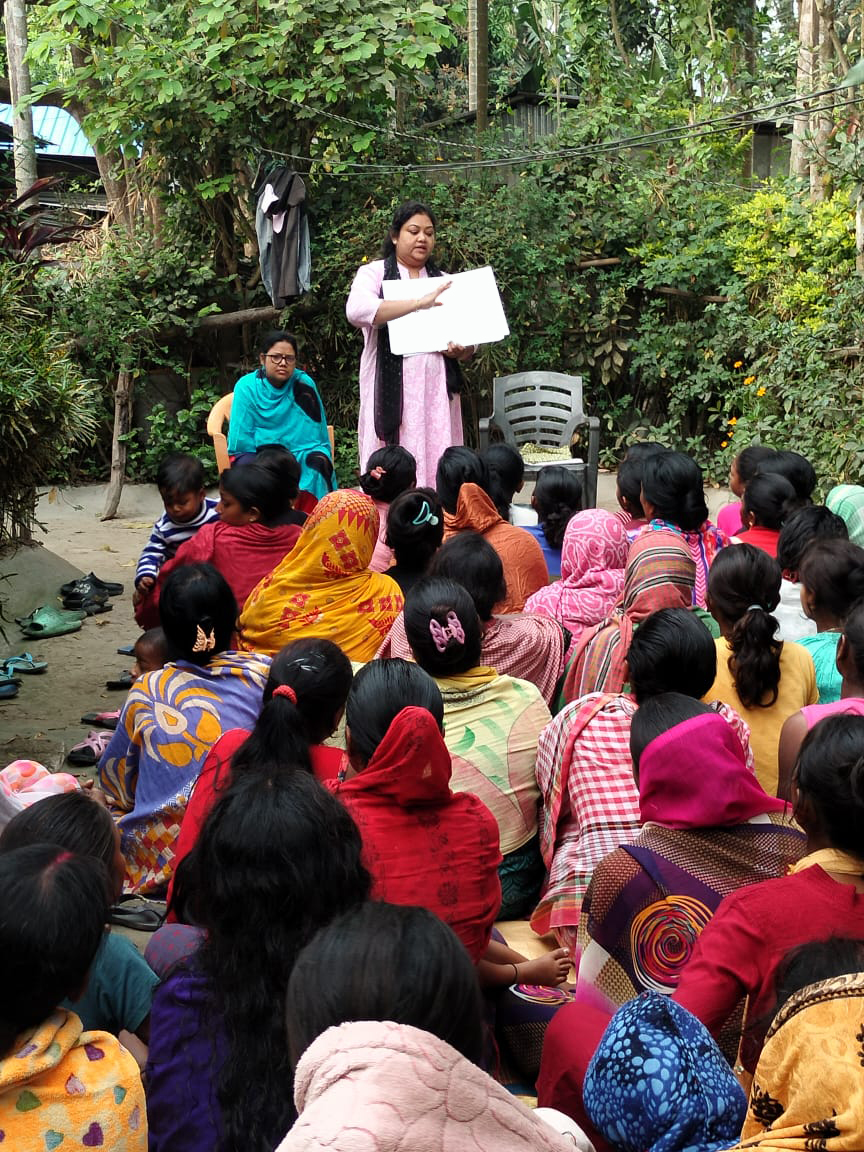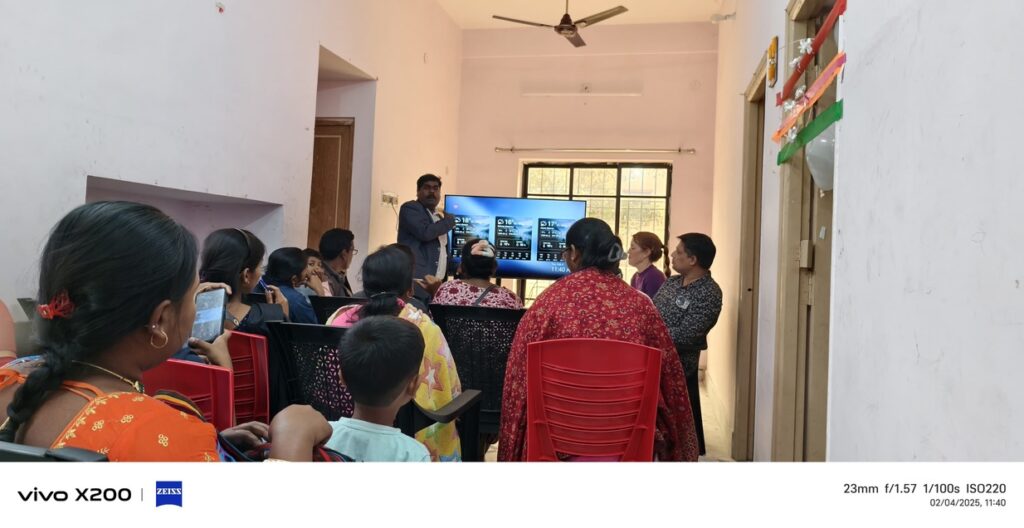
International Support Affiliates
Our latest campaign:
Protecting girls to create empowerment and opportunity.
Dignity starts with safety.
We hope to focus on smaller, more personally crafted projects where a large nonprofit often cannot go—and they all start with the privilege and foundation of safety.
We have seen the joy that comes from inspiring a girl to create a job, a purpose, and a life skill.


Creating economic empowerment.
As we keep working towards the UN Sustainable Development Goals, girls coming of age need hope and help now. As confidence builds and girls are more valued in each community we work in, families will continue to see the beauty and productivity of a girl who can bless generations to come.
How we do it:
Safety can be a physical issue. A girl that can’t walk to fetch water or go to the bathroom outside without fear of being followed or assaulted is a higher priority than the water itself. Feeling safe in a home and community means that she can spend more time focused on schoolwork, service, and contributions as a whole. In many rural areas of Pakistan and India, safety can come along with things as simple as in-home toilets or in-home/near-home water pumps and wells.
Safety can be enhanced with education. An educated girl is more likely to leave an abusive relationship and can lift her potential children out of poverty more easily. Even in a community where generational poverty is expected as the norm, scholarships can lift up “hands that hang down.” A brave, educated mother who knows how to guide a child through a school experience can lift the next generation.
Safety can come from being valued in a family. A girl who builds skills to eventually manage her own money from raising chickens/goats or tailoring clothing safely in the home feels much more dignified than one who has nothing and is at the mercy of a child marriage or at risk as a domestic worker.
Safety can come from having mentors check in regularly with a girl. We have trusted, married couple mentors who check in with these communities regularly, who know the families, and can work with problems that come up. We can brainstorm together to find a solution to keep the girl safer. Solutions that come from the actual recipients might not always look conventional, but are often more practical and have a higher potential to be successful.